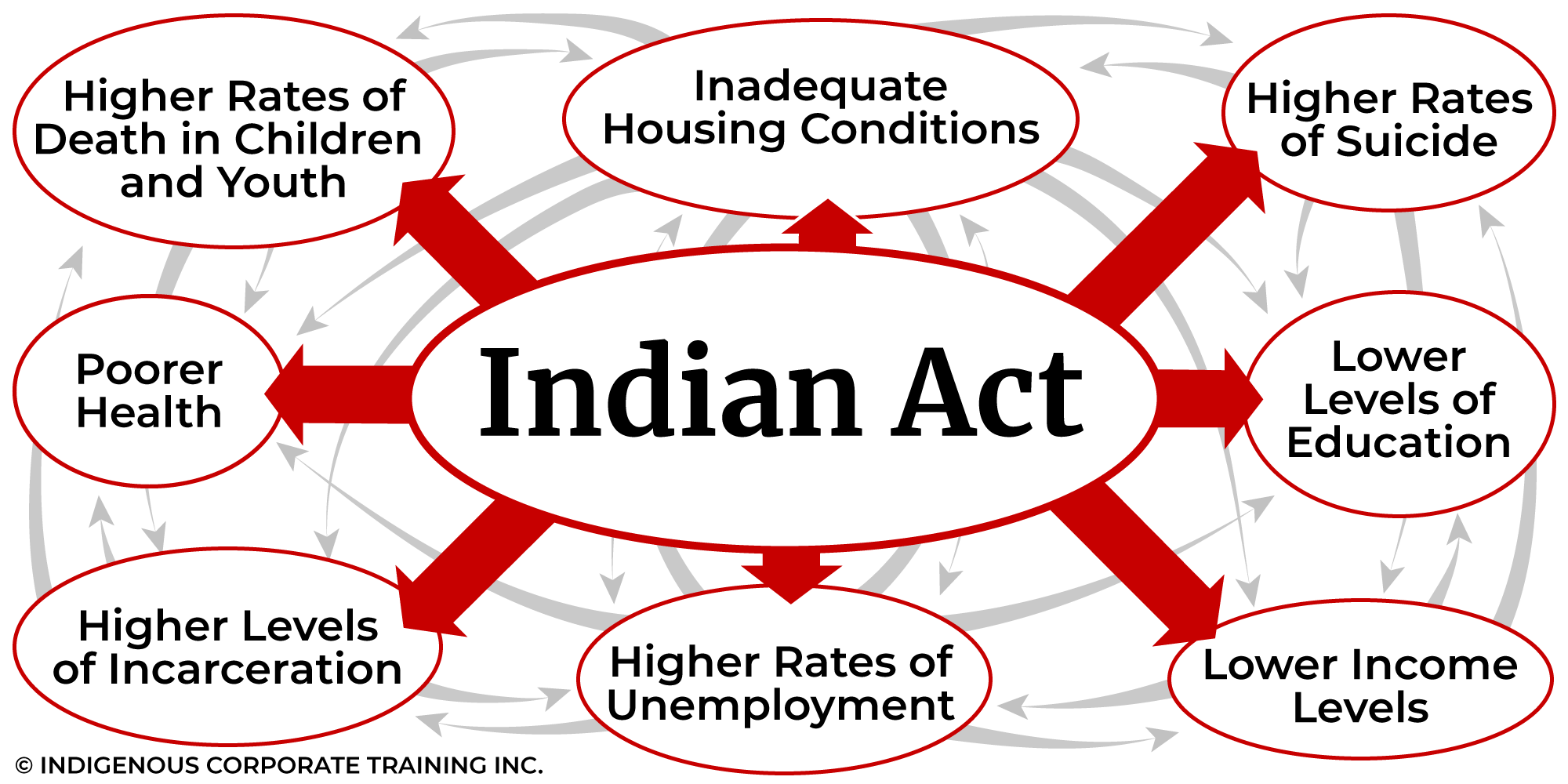1 min read
8 Key Issues for Indigenous Peoples in Canada
Eight of the key issues of most significant concern for Indigenous Peoples in Canada are complex and inexorably intertwined - so much so that...

I recently received an email from Nicole Gareau, Presidente Comité Régional de Direction, CCC, who had read the article on Indigenous Corporate Training Inc. in Bridging the Divide, The Costco Connection - March/April 2017. Nicole reached out because, as the representative Canadian Advisory Committee (CAC), she is looking for Indigenous advisors to volunteer with the CAC.
We don’t respond to every request for help but the work Nicole is doing is invaluable and we want to support her efforts to make a difference in the lives of Indigenous inmates.
Here’s part of Nicole’s email:
I am a volunteer member of the CAC, a group of people that are neutral observers of the Correctional Services of Canada. I represent the groups in the Quebec province. For many years, I have been trying to reach out to Indigenous people to get involved with our groups. Indigenous people are over represented in the correctional system and we know very little about their needs. Too often they end up in confinement and we are not very well equipped to make recommendations to the correctional system on their behalf.
Some establishments have access to a program called "The Path". The individual has access to an elder, who helps him remember his roots, but I believe we could recommend more. If we had a few volunteers, to sit in on our discussions and point out what else could be done or done differently. Maybe some would like to join our groups of Citizen Committees. I would be more than happy to welcome them. We need to learn about each other to understand one another.
Some insight on how many Indigenous individuals are in correctional services:
Indigenous adults account for one in four admissions to provincial/territorial correctional services
The root of the disproportionate rate of incarceration of Indigenous Peoples reaches back to the Indian Act of 1876, which created the landscape for ongoing marginalization, inter-generational trauma, substance abuse, below-average education attainment, poorer health, shorter life expectancy, and loss of cultural or spiritual identity.
If you are interested in helping out or know someone who would be interested, please contact or have them contact Nicole directly to discuss being an Indigenous advisor for CAC.
1-450-821-9843 nicole.gareau@videotron.ca
Featured photo: Unsplash

1 min read
Eight of the key issues of most significant concern for Indigenous Peoples in Canada are complex and inexorably intertwined - so much so that...

When we prepare an article for our blog, Working Effectively with Indigenous Peoples®, we put considerable thought into the title - how will it...

Following every training session we ask learners if they would kindly take the time to fill in a survey about the training. We find these surveys...